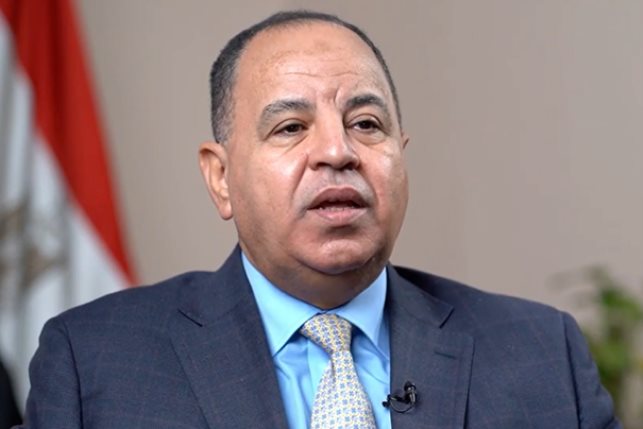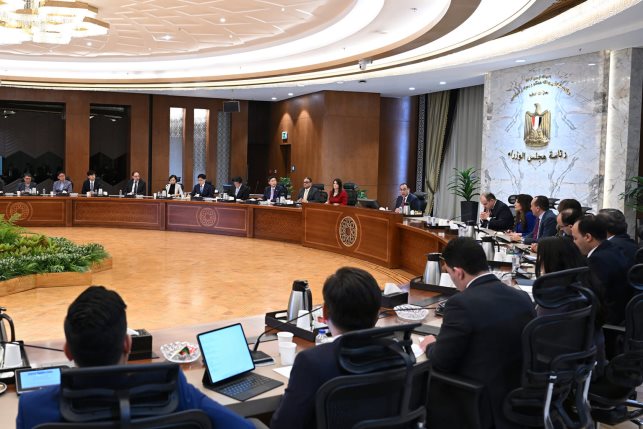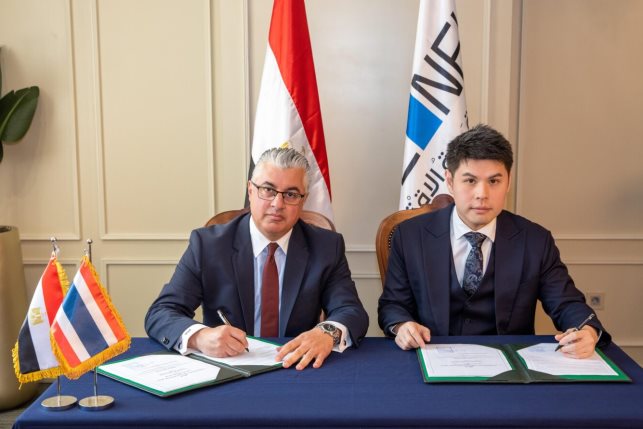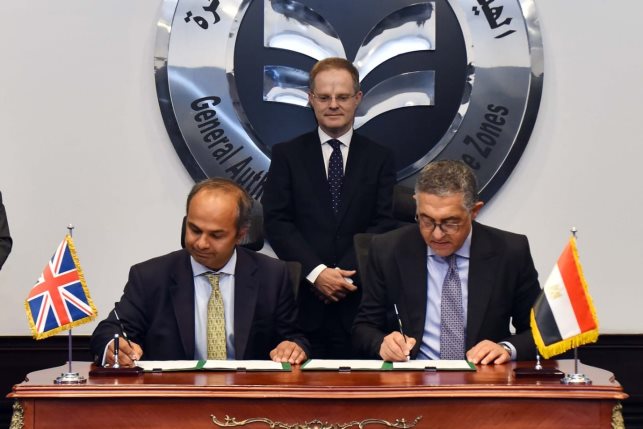Egypt Signs €54M debt swap agreement with Germany to bolster energy sector
Al-Mashat went on to highlight that the target, which pertains to elevating the proportion of renewable energy in the energy amalgamation to 42% by 2030 instead of 2035, has been greenlit.

Minister of International Cooperation, Rania Al-Mashat, has announced the inking of a debt swap pact with Germany worth €54 million. This agreement is geared towards fortifying Egypt's energy sector within the program framework, underscoring the nation's commitment to garner the necessary financial backing for program execution.
Al-Mashat went on to highlight that the target, which pertains to elevating the proportion of renewable energy in the energy amalgamation to 42% by 2030 instead of 2035, has been greenlit. In line with this development, a debt swap initiative with Germany has been solidified. This revelation was unveiled during the minister's participation in a panel discussion titled "How Resource Mobilization, Blended and Innovative Finance Can Help Bridge the Infrastructure Gap" at the annual meetings of the Asian Infrastructure Investment Bank (AIIB) in Sharm El-Sheikh.
The Minister of International Cooperation underscored that the climate action agenda and financing endeavors to combat climate change have occupied a central position on the global agenda in recent years. She pointed out the vital shift from policy-making to implementation to realize sustainable development goals and ensure equitable access. The need to mobilize mixed and innovative financing to address the infrastructure financing gap in the Middle East and Africa was emphasized.
She noted that despite significant commitments by the international community, these pledges fail to reach countries in dire need, hindering many developing nations and emerging economies from accessing sustainable, long-term financing.
She emphasized the significance of overhauling the global financial program to ensure equitable distribution of climate finance. "A clear framework for transition and mobilizing investments is essential in light of the diverse risks faced by capital providers, including credit and systemic risks."
She highlighted that during Egypt's presidency of the COP27 climate conference, the country worked on issuing a long-term plan, the National Climate Change Strategy 2050, to drive the transition to a green economy. The Ministry of International Cooperation also published the "Sharm El-Sheikh Guide to Fair Financing" in collaboration with 100 relevant entities to promote the concept of climate justice and transition from climate commitments to concrete actions. This involves establishing a standardized definition of fair financing and clear principles for all relevant stakeholders to encourage equitable financing.
Following the release of the National Climate Change Strategy 2050, a roster of priority projects in the realms of climate change mitigation and adaptation was identified. As a result, the National Platform for the "NWFE" program, which interconnects water, food, and energy initiatives, was launched.





